Cork City has always been known for its many (often politically charged) murals and painted electrical boxes. However, since March (2020) there has been a steep increase in the number of political murals and signs. One of the most notable things about these new murals is the monumental influence of American politics.
At the beginning of the pandemic the general attitude seemed to be one of solidarity. This was obvious due to the amount of signs and stickers saying, ‘stay safe’ or ‘ní neart go cur le céile’. This dutiful attitude devoid of politics was soon to change.
Since then there has been much discourse around who is to blame for the mishandling of the pandemic, namely in the areas of unemployment and evictions. Controversially the government did not suspend rent or mortgage payments for people or businesses, and as a result hundreds of businesses have closed, and people have been evicted.
The restrictions along with the government’s handling of the pandemic soon became politicised in various ways, with a large cohort suggesting that the virus was planned or even doubted its existence entirely. These people tend to identify with Right-wing figures and parties. There is a large crossover between anti-maskers and Right-wing activists who call themselves ‘patriots’ like Síol na hÉireann, a “food aid group” who sell anti-LGBTQ, racist, homophobic, Islamophobic, anti-immigration newspapers. Síol na hÉireann and other far-Right groups began to set up stands more and more often on Grand Parade and Patrick Street, and almost all of them use images of the Irish harp or Irish revolutionaries. I noticed however that the only leader of The Rising who was not pictured or mentioned by these groups was James Connolly, a self-declared Marxist.
There has also been a strong surge to the Left as many people were being made unemployed and could identify with the Debenhams protesters, who were being harassed, fined, and later arrested by Gardaí. The Left tend to distrust the Gardaí; this comes from what is seen as bias and discrimination towards poor people, travellers, people of colour, and any Left-wing protesters and activists. These biases have gained a considerable amount of attention and as a result many have become radicalised, believing that the answers to these problems are some form of Socialism – as is clear from the crude hammer and sickle that can be seen around the City (main pic). This sign could itself be described as a threat and has been used by the Connolly Youth Movement, a Marxist-Leninist group with a presence in UCC.
Since the BLM protests happened the visibility of racism in Ireland has greatly increased and people have become more politically engaged. I know a lot of people who pay attention to American politics exclusively, who cried out when a black person was murdered by American police but sadly little was being said of racism in Ireland. All of that changed in June (2020) when BLM murals started appearing. Since then I have noticed a rise in discussions with typically apolitical friends and family, and a general shift toward being actively anti-racist and making connections between poverty and racism. As awareness around direct provision has increased, naturally the refugee crisis has become a major talking point as the two issues are one in the same.
The final picture below is part of a project organised by Crawford to draw attention to the 40,000 refugees who have died crossing the Mediterranean, or when waiting for asylum to be processed. The numbers are made up of several sheets of paper bearing the faces of Crawford students as well as a list of the names of every refugee who died.
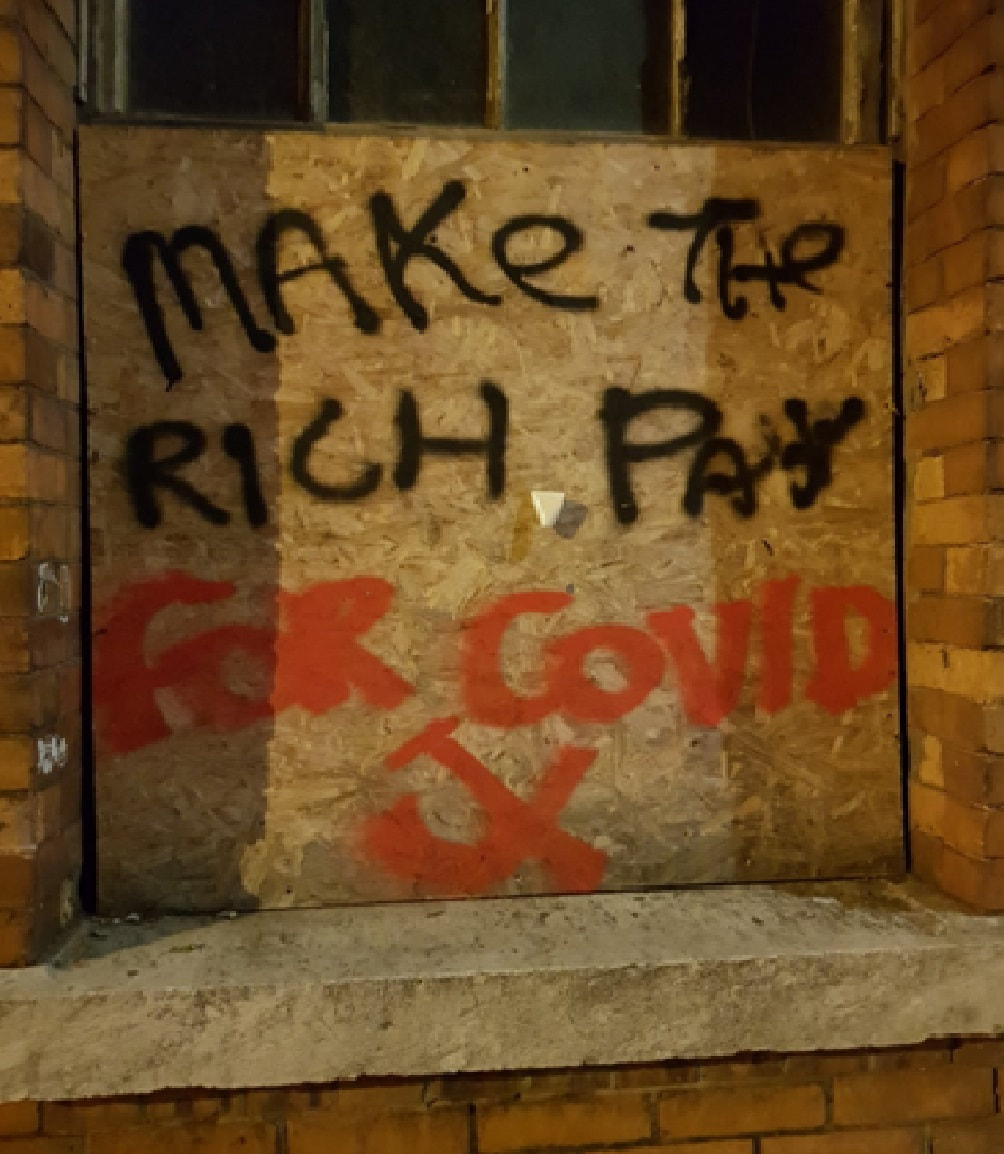



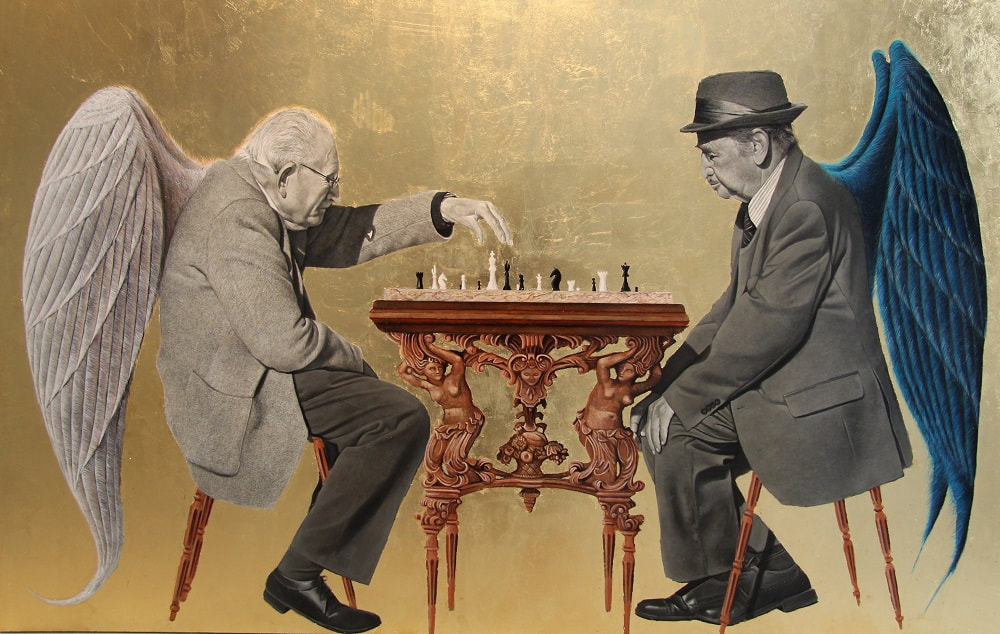
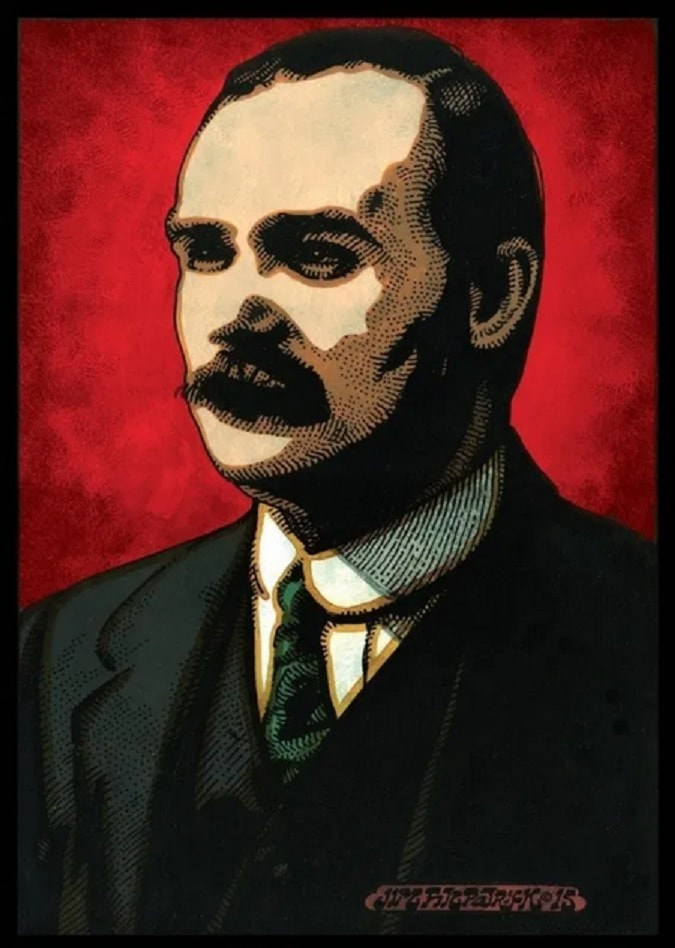
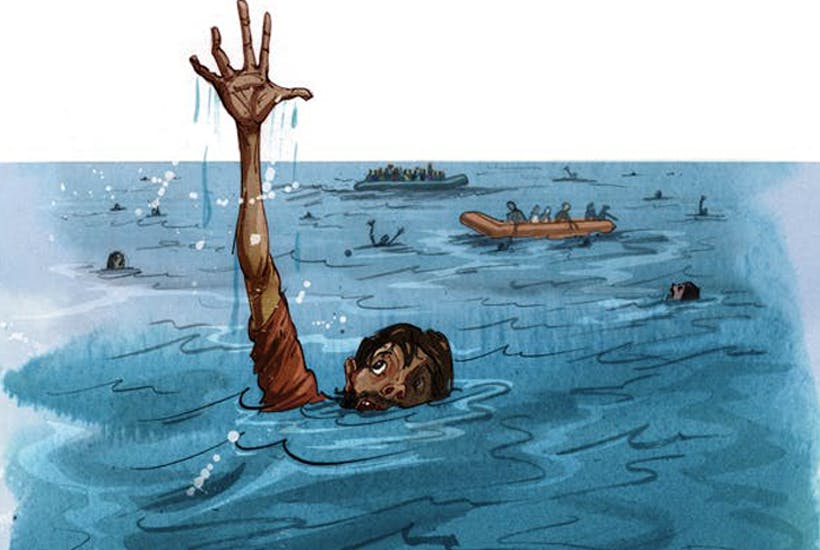
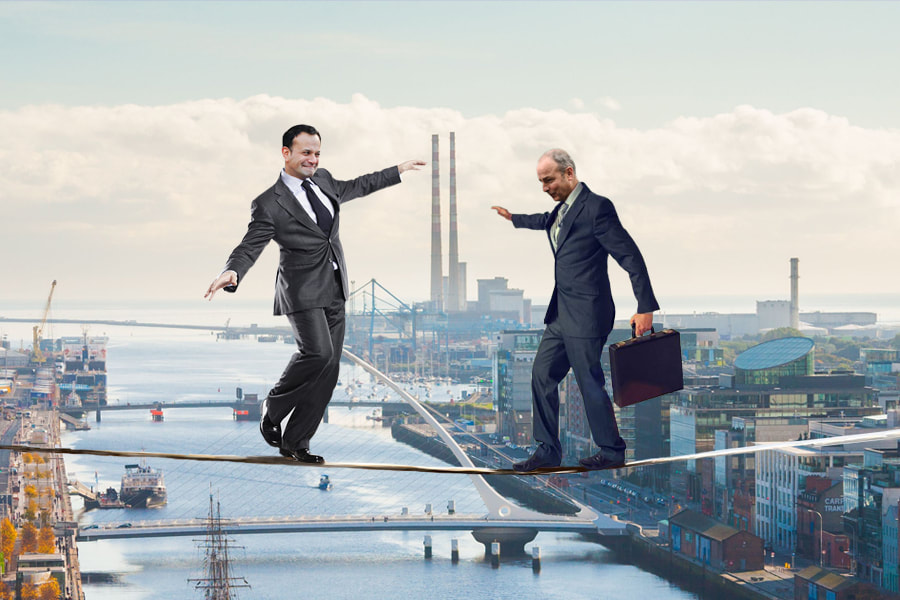
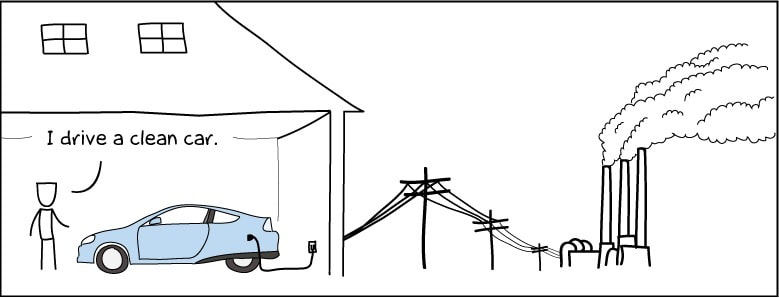
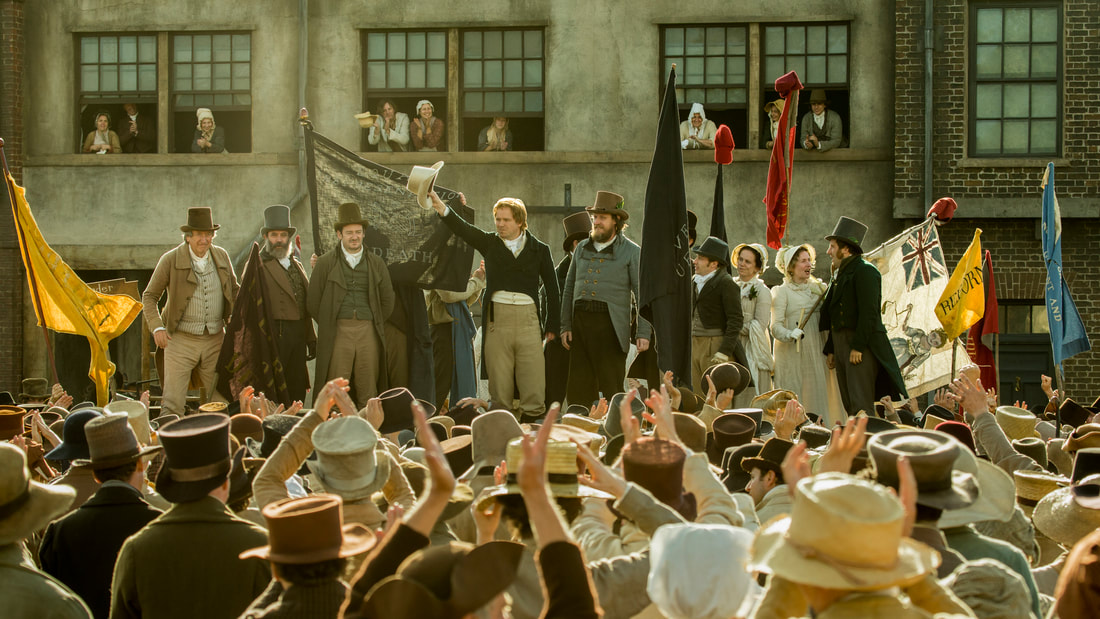
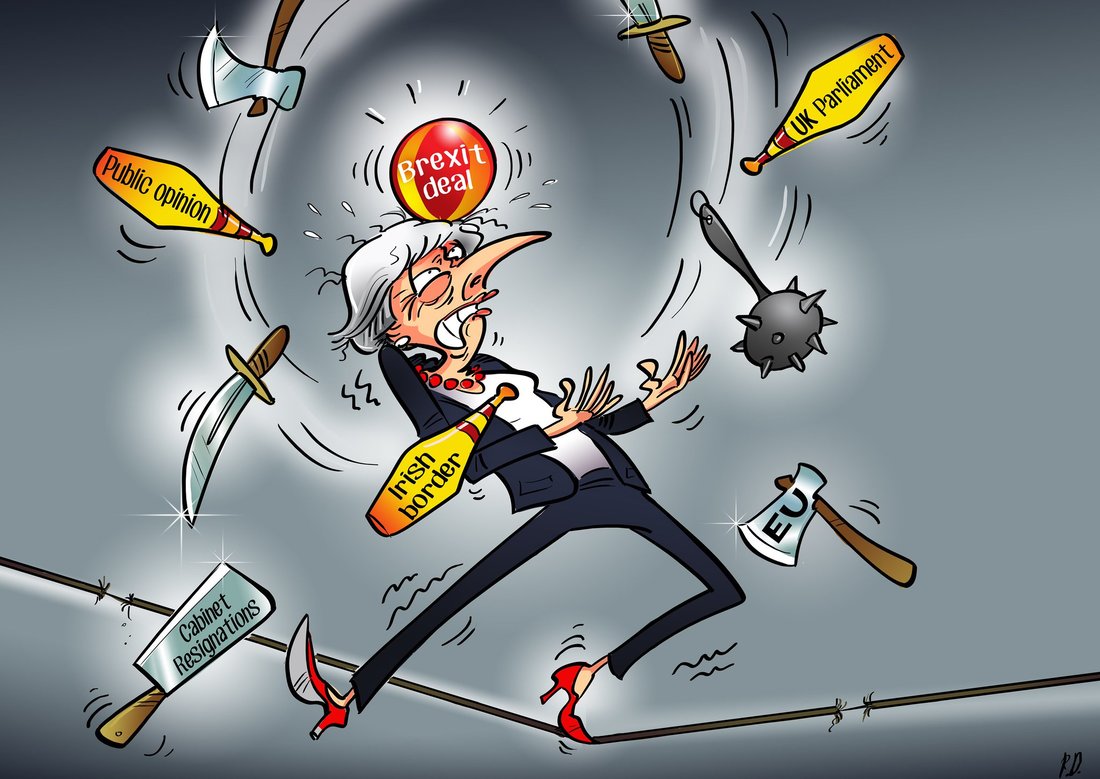

 RSS Feed
RSS Feed
